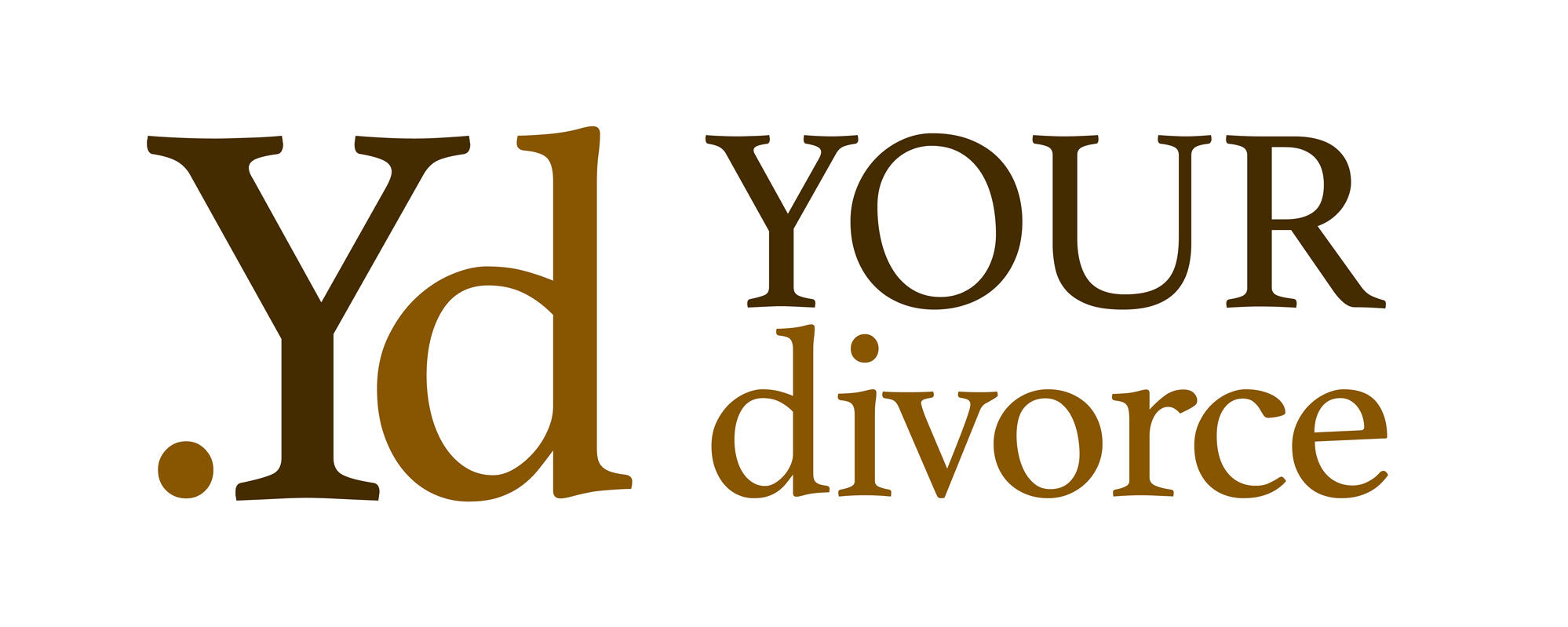
Divorce mediation is a valuable process that emphasizes collaboration and mutual agreement over contentious litigation. As a Certified Divorce Financial Analyst (CDFA) specializing in divorce mediation, I help clients navigate the financial complexities of divorce with precision and clarity. This article outlines expert strategies that CDFAs employ to facilitate successful mediation and achieve equitable financial settlements.
Understanding the Mediation Process
Mediation involves a neutral third party who helps divorcing couples negotiate and reach mutually acceptable agreements on various issues, including asset division, support arrangements, and parenting plans. The role of a CDFA in this process is to provide detailed financial analysis and guidance to ensure that decisions are financially sound and sustainable.
Key CDFA Strategies for Effective Mediation
- Comprehensive Financial Discovery
- Gather Financial Documents: Collecting and organizing all relevant financial documents is the first step. This includes tax returns, bank statements, investment accounts, retirement accounts, property deeds, and debt records.
- Detailed Financial Inventory: Creating a comprehensive inventory of assets and liabilities ensures that all financial aspects are considered. This transparency is crucial for informed decision-making.
2. Accurate Valuation of Assets
- Professional Appraisals: Engaging professionals to appraise significant assets, such as real estate, businesses, and valuable personal property, ensures accurate valuations. This helps prevent disputes and ensures a fair division of assets.
- Consider Future Value: Evaluating the potential future value of assets, especially investments and retirement accounts, helps in making long-term financial plans.
3. Tax Efficiency and Implications
- Understand Tax Consequences: Analyzing the tax implications of different settlement options is critical. This includes understanding the tax treatment of alimony, child support, capital gains from asset sales, and the division of retirement accounts.
- Optimize Settlements for Tax Efficiency: Structuring settlements in a tax-efficient manner can maximize the financial benefits for both parties. For example, considering tax-free rollovers of retirement accounts can help avoid immediate tax liabilities.
4. Equitable Division of Assets and Debts
- Fair Distribution: Ensuring an equitable division of marital assets and debts is a core principle of mediation. This involves considering both parties’ contributions to the marriage and their future financial needs.
- Address Hidden Assets: Identifying and addressing any hidden assets or undisclosed liabilities ensures transparency and fairness in the settlement.
5. Spousal and Child Support Analysis
- Needs-Based Assessment: Calculating spousal and child support based on the needs of the recipient and the payer’s ability to pay ensures that support arrangements are fair and sustainable.
- Adjust for Future Changes: Structuring support agreements to accommodate potential future changes, such as cost-of-living adjustments and changes in income, helps maintain financial stability over time.
6. Future Financial Planning
- Retirement Planning: Assessing the impact of divorce on retirement plans and developing strategies to ensure both parties’ retirement security is a critical aspect of mediation.
- Post-Divorce Budgeting: Helping clients develop realistic post-divorce budgets ensures that they can manage their finances effectively and maintain their standard of living.
7. Use of Financial Software and Tools
- Financial Modeling: Utilizing advanced financial software to create models and projections helps visualize the long-term impact of different settlement options. This aids in making informed decisions.
- Scenario Analysis: Running various scenarios to assess potential outcomes provides a clearer understanding of the financial implications of different choices.
8. Open Communication and Collaboration
- Facilitate Dialogue: Encouraging open and honest communication between parties fosters collaboration and reduces conflict. This is essential for reaching mutually agreeable solutions.
- Manage Emotions: Helping clients manage their emotions and focus on financial facts ensures that decisions are made rationally and objectively.
9. Customized Solutions
- Tailored Strategies: Recognizing that every divorce is unique, a CDFA tailors strategies to the specific circumstances and needs of each client. This personalized approach ensures that settlements are aligned with individual goals.
- Creative Solutions: Developing creative solutions, such as structured payments or asset swaps, can help address complex financial situations and achieve mutually beneficial outcomes.
Divorce mediation, when guided by the expertise of a Certified Divorce Financial Analyst (CDFA), can lead to fair and sustainable financial settlements. By employing comprehensive financial discovery, accurate asset valuation, tax-efficient strategies, and personalized solutions, CDFAs help clients navigate the financial complexities of divorce with confidence and clarity.
Expert Strategies
These expert strategies ensure that both parties can achieve financial stability and security, paving the way for a more positive post-divorce future. Whether you are just starting the divorce process or deep into mediation, consider the invaluable benefits of having a CDFA by your side.
